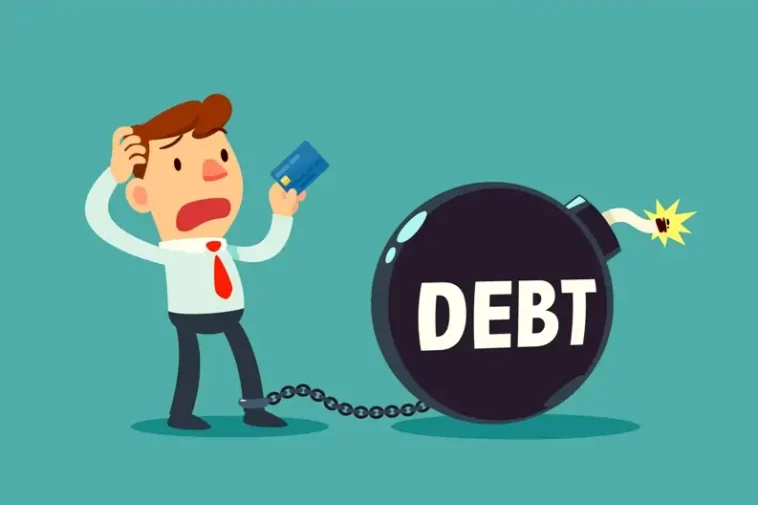Divorce can be a difficult and emotionally taxing process for those involved, but it can also have profound financial implications. While everyone’s experience is different, there are specific issues that almost all divorces must address to reach a fair and equitable resolution. These financial implications include asset division and alimony payments, two of the most important topics to consider when divorcing. This article will discuss both, providing insight into how these decisions will impact your financial picture and helping you make the best possible choices regarding your future.
Asset division
In any divorce, one of the primary considerations is how to divide assets between two parties. It typically includes tangible items like property and vehicles and intangible assets like investments and retirement accounts. The process can be complex and often requires a lawyer with financial expertise to help you reach an agreement that leaves everyone as satisfied as possible. A reasonable attorney can advise you on how specific laws in your state may affect how assets are divided. Additionally, if you own any jointly-held assets, it is crucial to remember how these will be divided. Furthermore, if either party has accumulated debts, these should be addressed during asset division negotiations.
Alimony

The second significant financial consideration during a divorce is alimony payments. Alimony provides financial support to the lower-earning partner after a divorce, helping them maintain their standard of living. The amount and duration of alimony payments can vary significantly from case to case and are determined by several factors, including how long the marriage lasted, how much each party earned, and how much property was divided. You must thoroughly research how alimony works in your state to know what you may or may not be entitled to receive. Additionally, if either spouse has been unemployed or underemployed during the marriage, this could affect how much they will have to pay or receive as part of an alimony agreement.
Lawyer costs
While it may not be the most glamorous aspect of divorce proceedings, it is essential to consider how much you will have to spend on hiring a lawyer. Divorces can be expensive, and obtaining legal advice can quickly add up. It is essential to find an attorney who fits your budget and has experience handling divorces similar to yours. Additionally, many lawyers offer payment plans and other alternatives to make legal fees easier to manage. In some cases, you may also qualify for pro bono advice from a qualified attorney, so it’s always worth exploring those options if available. Furthermore, many online resources can provide helpful advice and information about how to file for divorce in Florida.
Credit and debt

When going through a divorce, it is also essential to consider how your credit rating could be affected. Depending on the situation, one partner may have to assume all or part of the other’s debt. Additionally, if you are the higher earner in the relationship, you may be liable for alimony payments which can further impact your ability to manage debts. Even if both parties agree to split any joint debts equally, this must still be done following state law to ensure each party has their fair share. Therefore, you must consult an attorney before attempting any debt division arrangements as part of your divorce settlement. Moreover, it is essential to review both parties’ credit reports and ensure each account is accurately reported, as inaccurate reporting could have consequences for both partners.
Tax implications
Divorce can significantly impact your taxes, both during the procedure and afterward. For example, if one spouse pays alimony to the other, this is considered taxable income by the IRS. As such, you must factor taxes into any financial arrangements made as part of your divorce settlement. Additionally, certain assets may be taxed more than other transactions when divided in a divorce. Therefore, it is essential to obtain advice from a qualified tax professional before finalizing any agreements related to asset division. Furthermore, if your filing status changes as part of the divorce process, you must also be aware of how this may affect what taxes you owe and when they are due.
Changes in lifestyle

It is essential to consider how divorce may affect your lifestyle. Divorce can mean significant changes in how you live and a potentially drastic reduction in living standards for both parties. Consider the impact of any financial arrangements on your ability to maintain an acceptable standard of living. Additionally, if alimony or child support is part of the agreement, these payments may require lifestyle adjustments by both spouses to make them manageable. By considering all aspects of divorce before making any decisions, you ensure that you and your partner have access to the best possible terms and arrangements for everyone involved. Moreover, lifestyle changes may also be considered when allocating assets or debts, allowing each spouse to ensure financial security.





